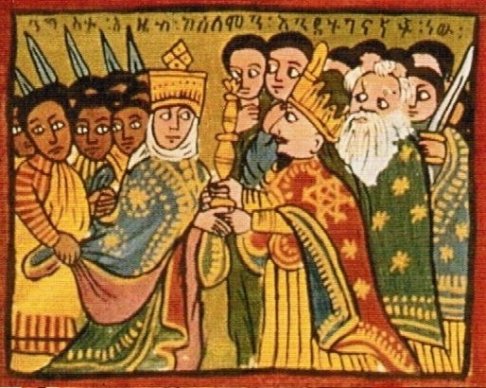
Abstract
Memory, as Proust would say, builds a continuity between the present and the past in which the self discovers itself. Collective memory constructs a similar temporal continuity for a community. We will focus on two biblical memories - the exit from Egypt and the visit of the Queen of Sheba - to shed light on collective memory in the Bible. Both memoirs illustrate multiple characteristics : the refiguration of the past to frame the present ; the strategic forgetting of the problematic past ; and the affirmation of political critique. The divine command to remember the past in the Bible involves the formation of the collective self.
